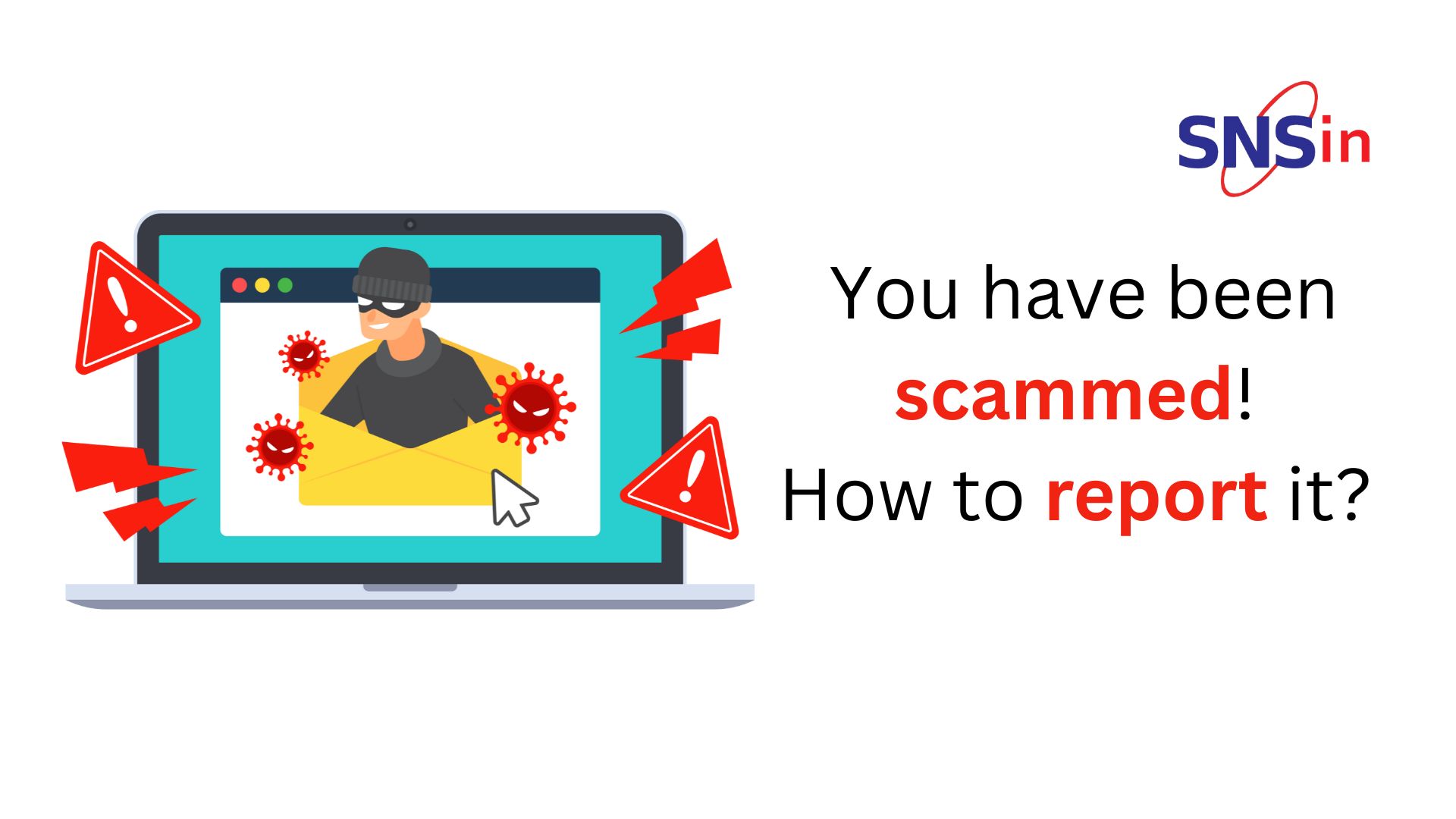Understanding Scams Scams range from email phishing & online shopping fraud to investment and lottery scams. Their purpose is to deceive innocent ones exploiting their trust for personal gain. It is essential to be aware of common scam signs, such as unsolicited requests for personal information, promises of unrealistic returns, and high-pressure tactics to make immediate decisions. By understanding these red flags, one can identify potential scams and take prompt action to protect oneself.
Gathering Evidence
When encountering a scam, it is vital to gather as much evidence as possible to report it. Document all communication or transactions related to the scam, including emails, texts, receipts, or screenshots. Take note of dates, times, and any relevant details about the scammer or their methods. Gathering evidence strengthens your case when reporting it and aids in the investigation process.Contacting Local Authorities
Reporting a scam to local authorities is the first step in seeking justice and preventing further harm. Reach out to your local police department or consumer protection agency to report the scam. Many cities have dedicated cybercrime cells nowadays. Provide them with a detailed account of the incident along with the evidence gathered. They will guide you through the reporting process and investigate the matter further. Remember to obtain a reference number or a copy of the report for future reference.Notifying Financial Institutions
If the scam involves money transactions or compromising your personal information, then it is crucial to immediately notify your bank, credit card company, or other financial institutions. They can help with appropriate measures to secure your accounts from unauthorized access. They could also assist in recovering any losses.Utilizing Online Reporting Platforms
Online reporting platforms play a crucial role in combating scams and raising public awareness. Many countries have dedicated portals or websites to report scams and provide details of the incident. These platforms gather information from individuals who have encountered scams and share it with law enforcement agencies. Submitting the scam report contributes to a collective effort in combating fraud and helping authorities track down and prosecute scammers. In India, the government portal to report cybercrime is: https://cybercrime.gov.in For Online Financial Fraud, one can Dial 1930.Raising Awareness
Besides reporting scams, it is necessary to raise awareness among your family, friends, and community. It helps others understand the immediate danger and prevents others from becoming cyber victims. Sharing personal experiences on social media, community forums, or local news outlets can educate others about the tactics used by scammers. This might encourage others to report scams. Watching out for another can create a safer and more informed environment. It might make it harder for fraudsters to succeed someday.Conclusion
Reporting a scam is an act of self-defense and a responsibility to protect others against cyber scammers. Understanding the signs of a scam, gathering evidence, and reporting it to the appropriate authorities is one step in the right direction to fight against fraud. For queries on Cybersecurity Training, Social Engineering Awareness Training, and Phishing Simulation Awareness Training, please write to us: [email protected]. ![]()




